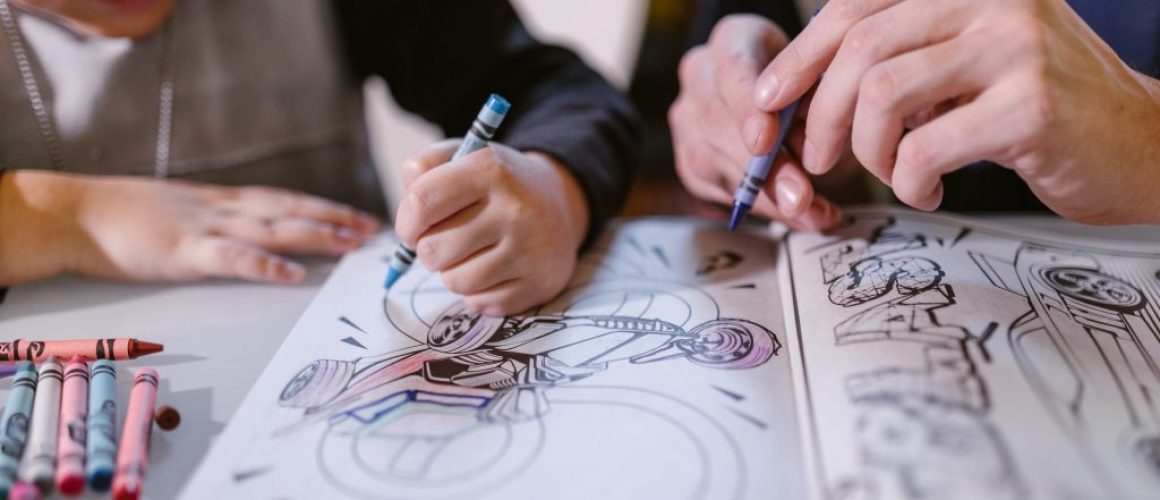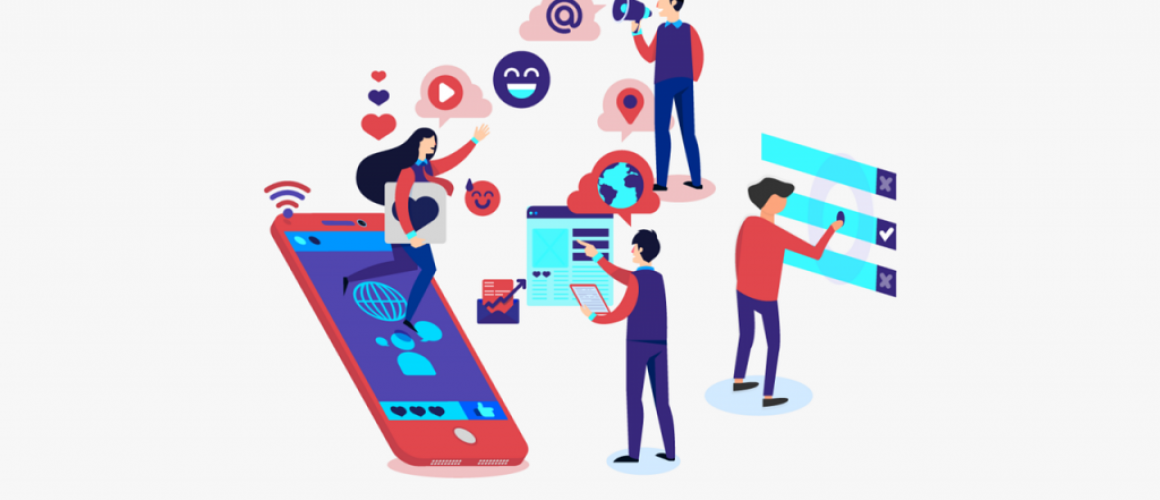The Impact of Social Media on Mental Health
The Impact of Social Media on Mental Health
Let’s talk about the The Impact of Social Media on Mental Health.
Social media has become an integral part of our daily lives. From connecting with friends and family, to keeping up with the latest news and trends, social media platforms have revolutionized the way we communicate and consume information. However, as the use of social media continues to increase, so too do concerns about its impact on mental health and well-being.
Recent studies have shown that there is a correlation between social media use and a variety of mental health issues, including depression, anxiety, and low self-esteem. However, the relationship between social media and mental health is complex and multifaceted, and it is important to understand the various ways in which social media can impact our mental well-being.
One of the key ways in which social media can impact mental health is through social comparison. Social comparison is the process of evaluating oneself in relation to others, and it is a natural part of human behavior. However, social media platforms have made it easier than ever to compare ourselves to others, and this can have negative consequences for our self-esteem and mental well-being.
For example, social media platforms are often used to present an idealized version of ourselves and our lives. We see posts of our friends and family members on vacation, at parties, or with their perfect partners, and it can be easy to feel like we’re not living up to the same standards. This can lead to feelings of inadequacy and low self-esteem, which can contribute to mental health issues such as depression and anxiety.
Another way in which social media can impact mental health is through its impact on body image. Social media platforms are often used to present images of perfect bodies, and this can contribute to feelings of body dissatisfaction and low self-esteem. Additionally, social media can also contribute to the spread of disordered eating behaviors, such as anorexia and bulimia, as people may feel pressure to conform to the “ideal” body type presented on social media platforms.
Social media can also contribute to feelings of loneliness and isolation. While social media platforms are meant to connect us with others, they can also have the opposite effect. For example, people may spend hours scrolling through their feeds, but still feel disconnected from others. Additionally, social media use can also lead to decreased face-to-face interaction, which can contribute to feelings of loneliness and isolation.
Furthermore, some people may develop addiction to social media, checking their accounts compulsively, feeling anxious when they can’t check their accounts, and losing interest in other activities, which can contribute to feelings of depression and anxiety.
In addition to these negative impacts on mental health, social media can also have an impact on our physical health. For example, social media use has been linked to decreased sleep quality and increased stress levels. Additionally, the blue light emitted from screens can disrupt our natural sleep patterns, making it more difficult to fall asleep and stay asleep.
Lastly, social media can also play a role in the spread of misinformation and the impact on mental health. With the rise of social media and the ease of sharing information online, it has become increasingly difficult to separate fact from fiction. Misinformation can lead to confusion, fear, and anxiety, which can all have a negative impact on mental health.
While the impact of social media on mental health and well-being is complex and multifaceted, it is clear that social media use can have both positive and negative effects. It is important to be mindful of how social media is impacting our mental well-being and to take steps to protect our mental health. This could include setting limits on our social media use, being mindful of the content we consume, and connecting with others in person in addition to online. Additionally, seeking support from friends, family, or a mental health professional can also be beneficial if you are experiencing negative effects from social media use.
In conclusion, social media has become an integral part of our daily lives and its impact on mental health and well-being is an important area of study. While social media can have positive effects, such as connecting us with others and providing a platform for self-expression, it is important to be aware of the potential negative effects and to take steps to protect our mental well-being. By being mindful of our social media use, we can ensure that we are using these platforms in a way that supports our mental and physical health.
If you like our blogs please read our other blogs : Here
Please visit our Channels :









